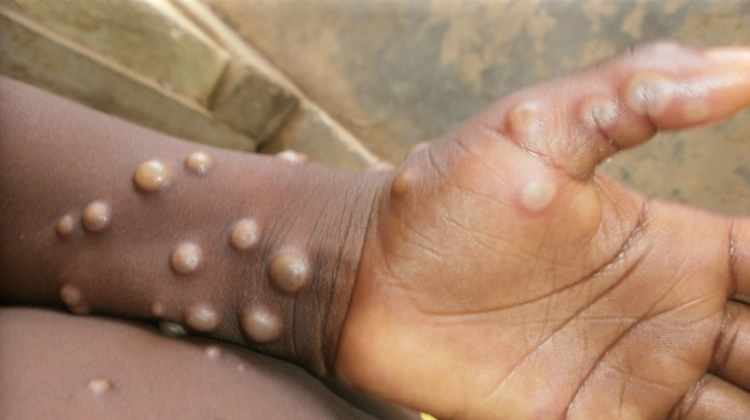The Akwa Ibom government has raised the alarm over a Monkeypox (Mpox) outbreak, reporting five confirmed cases across several Local Government Areas in the state.
It has been reported that out of a total of 30 samples collected for diagnosis, four cases were confirmed among three males and one female, ranging in age from two, four, 12, and 41 years.
Samuel Etuk, a disease surveillance and notification officer with the state Ministry of Health, announced the confirmation of the four cases and has since confirmed an additional case.
Etuk confirmed the first four cases during the Media Review Meeting organized by Breakthrough Action Nigeria (BA-N) in collaboration with the State Tuberculosis and Leprosy Control Programme (STBLCP), held in Uyo on Friday. He later announced the additional case in a WhatsApp group discussion.
“Good morning everyone. We have another positive case of Mpox, bringing the tally to five confirmed cases in the state,” he announced.
ALSO READ:Nigeria going through reforms, Tinubu tells diaspora in China
He reported that contact tracing for any transmission was conducted, and the affected persons have been isolated from the public.
Etuk said that 10 community informants per ward have been engaged to work in catchment areas, reporting to the health facility focal person, who will then forward the information to the local government disease surveillance and notification officers for onward reporting to the Ministry of Health.
Mpox spreads from animal to animal and is known as zoonotic. Human-to-human transmission occurs directly or indirectly through urine, feces, blood, sexual contact, broken skin, eyes, nose, mouth, contact with skin lesions, and oral secretions.
The disease symptoms last 5-21 days and include headache, swollen lymph nodes, fever, back and muscle pain, lack of energy, and rashes that begin on the face and spread to other parts such as the palms, soles, and feet.
Preventive measures include avoiding contact with animals confirmed to have Mpox, avoiding contact with infected individuals, and isolating infected animals. Other measures include practicing handwashing with soap, sanitizing hands, cooking meat before consumption, and using appropriate protective clothing and gloves while handling sick animals.
He advised the public to report suspected cases at the nearest health facility or call the Nigeria Centre for Disease Control (NCDC).
On August 14, 2024, the World Health Organization (WHO) declared Mpox a Global Public Health Emergency of International Concern in Africa after reviewing available data.
